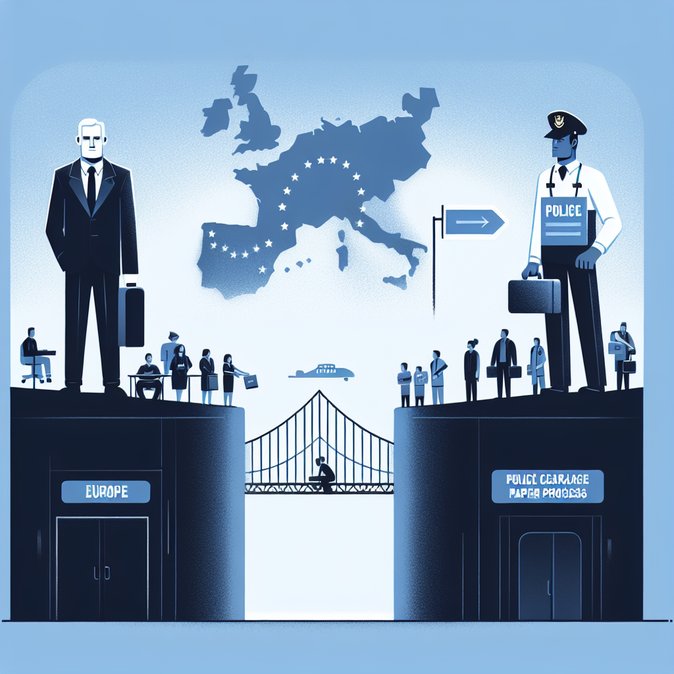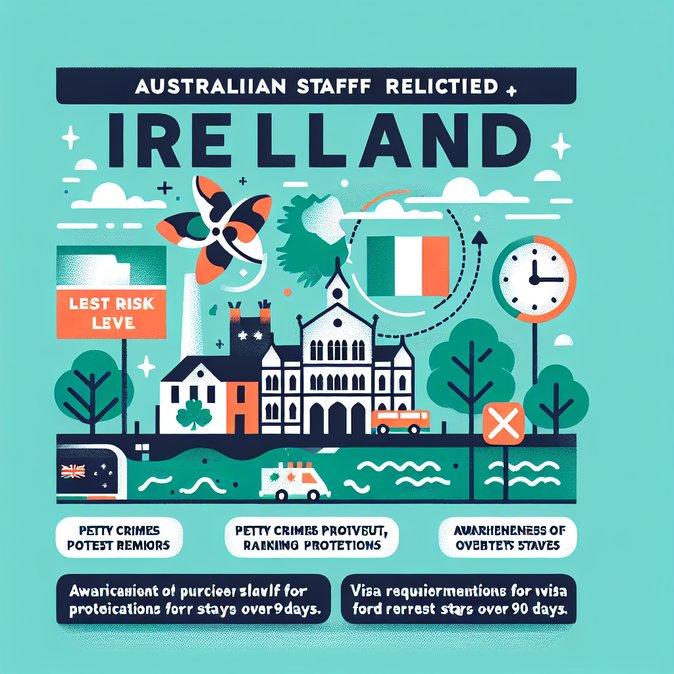
Freedom-of-Information correspondence released to BreakingNews.ie and first reported by the Echo Live group reveals mounting public unease at the €2 million the State has spent so far this year on six charter flights used to deport 205 people. Emails sent to Justice Minister Jim O’Callaghan complain that individual flights—such as last week’s removal of 52 Georgian nationals—cost up to €187,000 and question whether larger voluntary-return incentives would be cheaper.
The documents highlight a clash between fiscal prudence and deterrence policy. Officials insist charter flights are a “last resort”, used when commercial carriers refuse to board deportees or when large family groups are involved. Critics counter that the average €9,800 per passenger far exceeds the €1,200 voluntary-return grant currently on offer.
![FOI papers show public alarm over rising cost of deportation charter flights]()
Corporate mobility managers should note that heightened public scrutiny is accelerating enforcement. The Department of Justice has issued 3,870 deportation orders so far in 2025—already a record—and confirms that “swift, fair returns” will remain central to the forthcoming International Protection Bill. Employees whose residence permission is refused can therefore expect shorter grace periods before enforcement.
HR teams are advised to review internal compliance checks, especially for assignees transitioning from Stamp 2 (student) or Stamp 1G (graduate) status to employment permits. Late applications risk refusal and potential deportation if the individual remains in Ireland without permission.
From a policy perspective, business groups such as IBEC say the FOI cache underscores the need to expand voluntary-return schemes and speed up first-instance decisions, thereby reducing both costs and humanitarian criticism. Whether the Government adjusts its approach will be clear when Budget 2026 allocations for the Justice Vote are published next month.
The documents highlight a clash between fiscal prudence and deterrence policy. Officials insist charter flights are a “last resort”, used when commercial carriers refuse to board deportees or when large family groups are involved. Critics counter that the average €9,800 per passenger far exceeds the €1,200 voluntary-return grant currently on offer.

Corporate mobility managers should note that heightened public scrutiny is accelerating enforcement. The Department of Justice has issued 3,870 deportation orders so far in 2025—already a record—and confirms that “swift, fair returns” will remain central to the forthcoming International Protection Bill. Employees whose residence permission is refused can therefore expect shorter grace periods before enforcement.
HR teams are advised to review internal compliance checks, especially for assignees transitioning from Stamp 2 (student) or Stamp 1G (graduate) status to employment permits. Late applications risk refusal and potential deportation if the individual remains in Ireland without permission.
From a policy perspective, business groups such as IBEC say the FOI cache underscores the need to expand voluntary-return schemes and speed up first-instance decisions, thereby reducing both costs and humanitarian criticism. Whether the Government adjusts its approach will be clear when Budget 2026 allocations for the Justice Vote are published next month.


